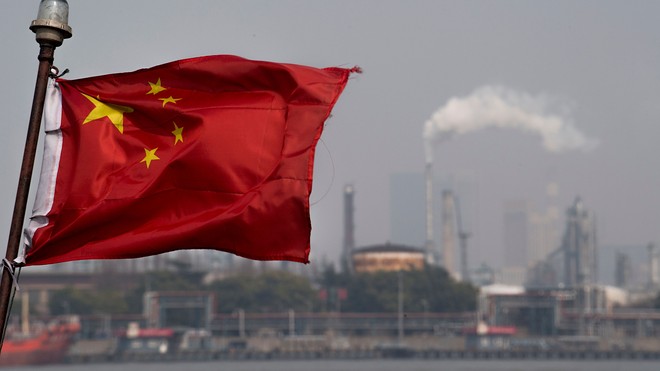
(Argus, 17.May.2021) — A Chinese tax overhaul threatens to orphan up to 400,000 b/d of Venezuelan heavy sour crude that has been a lifeline for Caracas since the US imposed oil sanctions in 2019.
Although Chinese companies moved away from directly lifting Venezuelan crude around August 2019, independent refiners regularly import it through intermediaries, often through Malaysia where the Opec country’s Merey blend is mixed with fuel oil or bitumen and re-branded for sale. An oil spill off Bohai last month drew attention to the practice, even though Greek shipowner NGM Energy denied any knowledge that the crude originated in Venezuela.
The new oil tax system announced by three Chinese government agencies on 14 May slaps a levy equivalent to nearly $30/bl on “diluted bitumen”, the category through which Venezuelan crude is imported into China. Because Venezuelan crude is already subject to steep discounts reflecting sanctions risks and quality issues, the tax would wipe out a chunk of the sales margin for Venezuelan state-owned PdV and the intermediaries through which it operates. Even if Merey or look-alike grades such as Singma were rebranded as crude to avoid the new tax, the crude import quotas to which independent refiners are subject limits their ability to buy it.
According to Chinese customs data, refiners mainly in Shangdong province imported 380,000 b/d of diluted bitumen in January-March from Malaysia, where the Venezuelan crude is often stored, blended and re-loaded for Chinese buyers.
Although the new Chinese taxes, which take effect on 12 June, also impact other heavy sour grades such as Canada’s Cold Lake, the stakes are much higher for PdV and its few active joint venture partners.
Obscure channel
The US oil sanctions, imposed in January 2019 in a failed strategy to force President Nicolas Maduro from power, immediately shut down the US market for Venezuelan oil. The sanctions in theory do not apply to non-US companies, and early on China and India picked up the slack left by US refiners. But as Maduro clung to power, the US sanctioned Russian trading companies that were lifting cargoes, and actively discouraged non-US companies from the trade.
The winding path of Venezuelan exports into the Chinese market has since grown into a steady if obscure channel, in spite of the previous US administration’s efforts to target individual tankers and shipowners engaged in the practice. Relying on Chinese appetite for its barrels has enabled PdV and its partners to clear up storage bottlenecks and keep production up around 500,000 b/d.
Ironically, it is now Beijing, one of Maduro’s more reluctant international patrons with outstanding oil-backed loans to Caracas, that will narrow Venezuela’s most significant outlet for oil sales, even if its intention transcends geopolitics. The new taxes appear to be focused instead on favoring large state-owned refiners over the independents that have been gobbling up domestic market share for years. China’s state-owned PetroChina subsidiary CNPC, PdV’s steadfast partner in the PetroSinovensa joint venture that produces Merey blend at the Jose complex in eastern Venezuela, stands to lose upstream, but other large state-owned enterprises such as Sinopec will gain at home when the independent refiners can no longer source adequate feedstock.
Pressure to compromise?
The Chinese tax is a “disaster” for Venezuela,” says Venezuelan economist Francisco Rodriguez, the architect of one of two oil-backed aid proposals that could gain traction in coming weeks as the two sides in Venezuela’s protracted conflict tentatively prepare to restart political negotiations, in which some form of controlled oil sales to pay for aid could eventually emerge. If the Maduro government can no longer count on China to absorb as much oil as it does now, it may come under more pressure to hammer out a political compromise with the US-backed opposition. Up to now, Maduro has appeared to have the upper hand over his fragmented and dispirited opponents.
While the US has focused on other foreign policy issues, administration officials have said they are reviewing US sanctions policy, including a ban on diesel swaps that had allowed India’s Reliance and EU firms Repsol and Eni to lift Venezuelan crude until late last year. On the immediate horizon is a likely renewal of sanctions waivers for PdV partner Chevron and four oil services companies.
____________________
By Patricia Garip and Tom Reed

